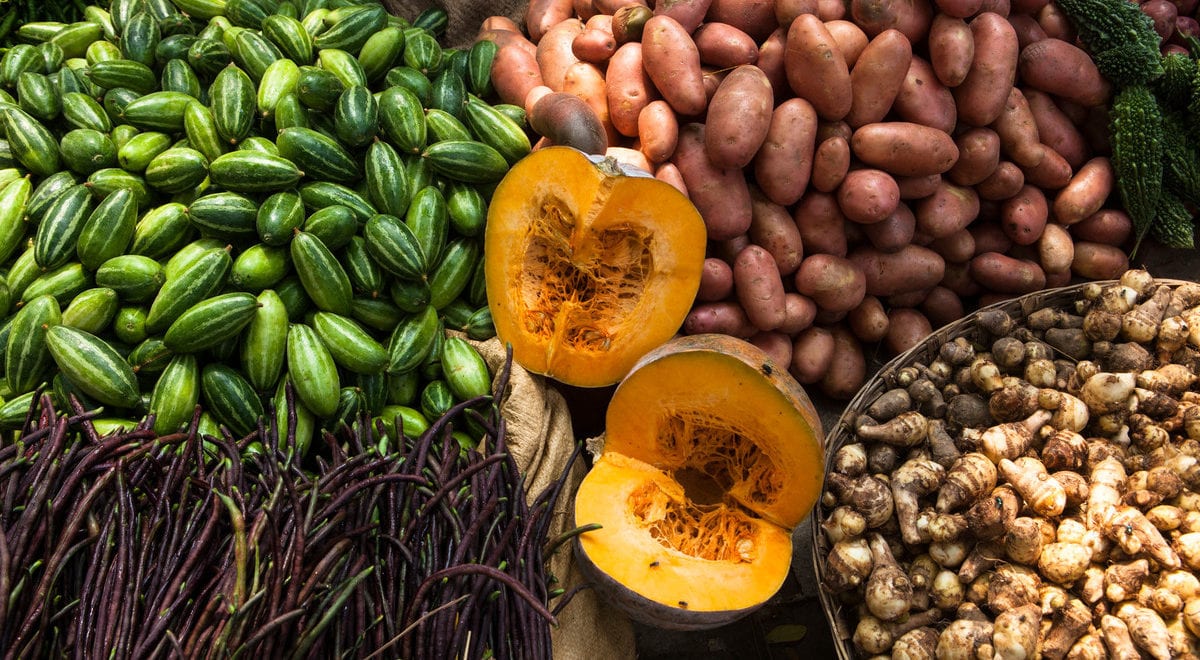Poor Diets: A Bigger Threat Than Viral Infections?
In a report, researchers concluded that eating food of poor quality was a bigger health threat than tuberculosis or malaria. There were over 821 million malnourished people in 2017 and it’s estimated that 1 in 5 deaths worldwide is because of poor quality diets. The problem lies in our overly complex food systems, which need major reform. A third of food that is meant to be consumed never reaches consumers, because foods like fresh fruits and veggies and meat spoil before they even reach us.
The land, resources, and energy that were used to produce those foods are, in turn, wasted as well. There is a problem with meat overproduction because animals, such as cows, are a huge contributor to greenhouse gas emissions, and 25% of meat produced ends up going to waste. This has consequences on our environment and speeds up climate change. It is estimated that food waste costs the world around $1 trillion a year.
More Than 3 Million Refugees Are Fleeing Venezuela
Nearly a tenth of Venezuela’s population is fleeing the country due to food and medicine shortages and inflation. Most who are fleeing go to neighboring countries such as Colombia and Brazil. Even though many Latin American countries have been welcoming towards Venezuelan refugees, their capacities to take more in is becoming strained. Some countries are starting to restrict access and the newly elected president of Brazil, Jair Bolsonaro, has vowed to restrict even more Venezuelans coming in.
Venezuelans have been fleeing at an increasing rate over the last few years. The economy collapsed following the global price of oil falling sharply in 2014, due to the country’s deep dependence on oil sales. This made it difficult for average people to buy basic goods like hygiene products and food. Inflation in the country has been climbing higher and higher, but there is fear that it could surpass 1,000,000%. For ordinary Venezuelans, this means that they would have to carry around massive amounts of cash just to buy rice, for example.
More Women in Congress Than Ever Before
Following the midterm elections on November 6, more women have been elected to Congress than ever before. Women will make up roughly a fourth of the House of Representatives. They are creating new paths and breaking down walls regarding religion, race, and sexual orientation. Even with more women in Congress than in the past, they are still underrepresented in Congress. The women coming to Washington are likely to keep advocating for equal representation
Deb Haaland from New Mexico and Sharice Davids from Kansas became the first Native American women to win congressional seats. Rashida Tlaib from Michigan and Ilhan Omar from Minnesota became the first Muslim women to join Congress. Ayanna Pressley became the first black woman elected to a Congressional seat from Massachusetts, to highlight some of the remarkable women. Now more than ever before, Congress reflects what the U.S. truly looks like.



